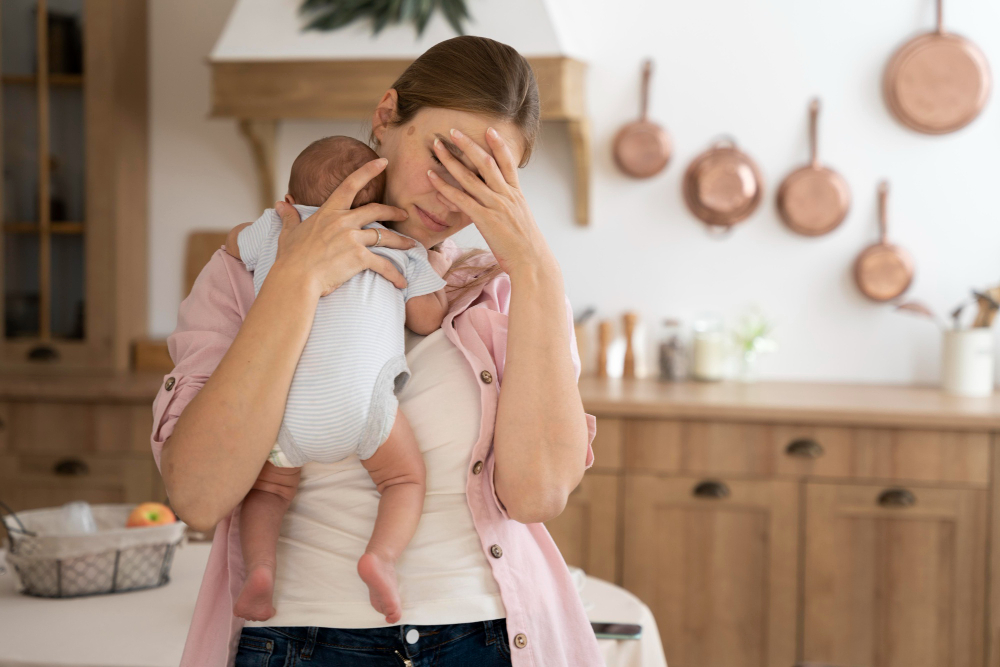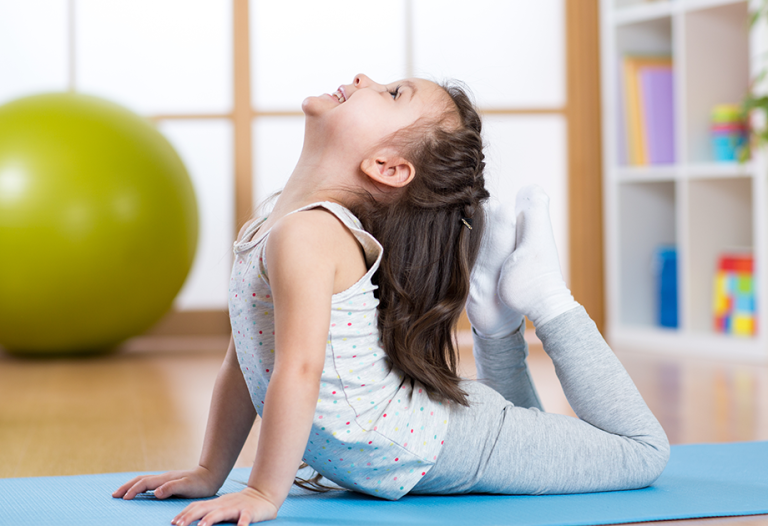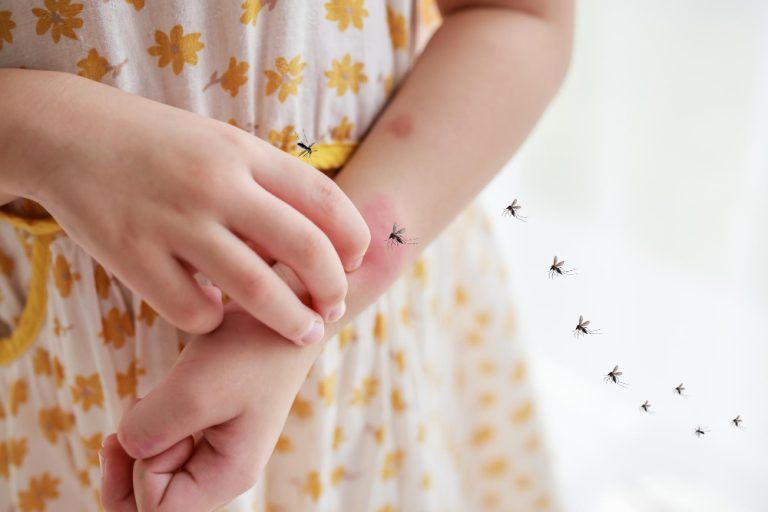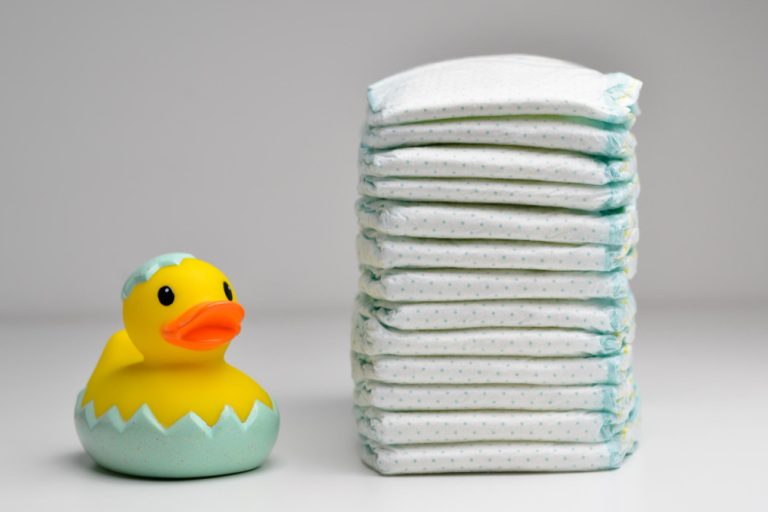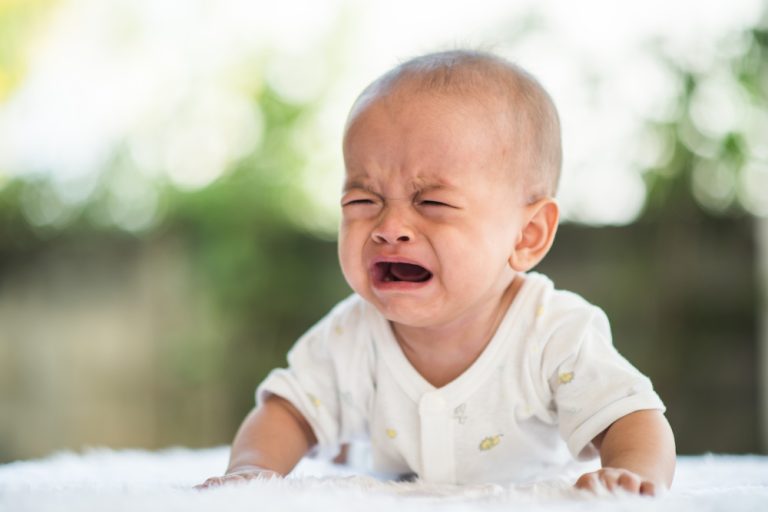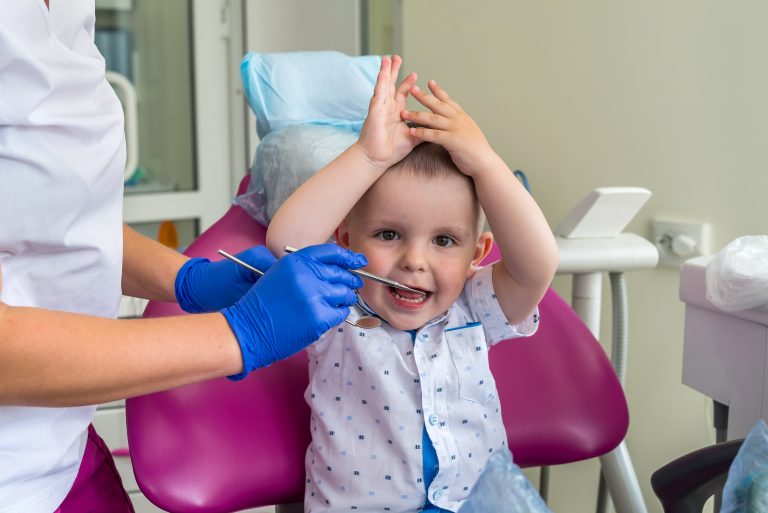How To Stop Hiccups In Babies Immediately? A Parent’s Manual
Are you a new parent struggling to provide relief to your little one’s persistent hiccups? Are you looking for solutions and home remedies on how to stop hiccups in babies immediately? It’s tough to see your baby’s cute face contorted in a fit of hiccups, making you feel helpless. But don’t worry, we’ve got you covered!
Our comprehensive guide is packed with expert tips and actionable strategies to help you combat those pesky hiccups in your precious newborn. From understanding the causes of infant hiccups to discovering tried-and-tested remedies like gripe water, we’ve got all the reliable advice you need to soothe your little miracle.
We’ll even explain the significance of your baby’s diaphragm contractions and how to create a hiccup-free environment. Say goodbye to sleepless nights filled with worry and welcome a newfound sense of confidence in handling your baby’s hiccups like a pro!
Get ready to navigate the world of newborn hiccups with ease and expertise. Let’s give your baby the comfort they deserve!
Introduction to Hiccups in Babies
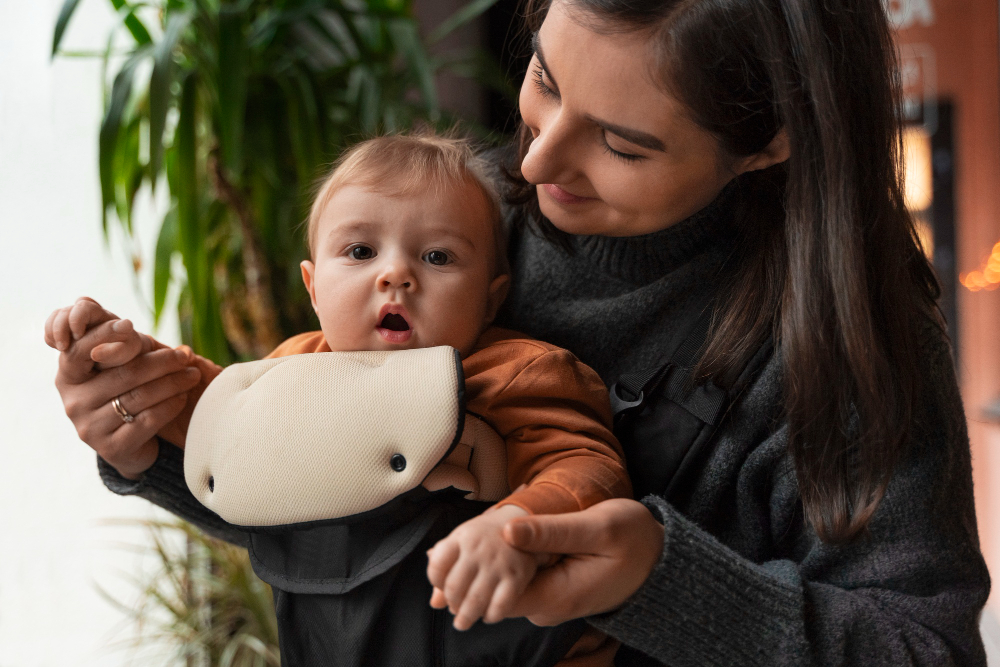
Hiccups are a common occurrence in babies and can sometimes be a source of concern for parents. These involuntary contractions of the diaphragm, which is the muscle responsible for breathing, can cause a sudden and distinctive sound. While hiccups in babies are generally harmless and temporary, they can be disruptive and worrisome for parents.
Hiccups in newborns are often considered a normal part of their development and do not usually indicate a serious medical condition. In fact, hiccups can even occur as early as when the baby is still in the womb. Although hiccups can occur at any time of the day, they are more likely to occur after feeding or when the baby is excited or upset.
Parents may experience feelings of helplessness when their baby is hiccuping, especially if they are unsure about the cause or how to provide relief. However, it’s important to remember that in most cases, hiccups resolve on their own without any intervention.
The impact of hiccups on parents and babies can vary. While some babies may be unaffected and continue with their regular activities, others may become fussy or may experience disruptions while feeding or sleeping. It is natural for parents to want to find ways to alleviate their baby’s hiccups.
In the following sections, we will explore various techniques and remedies to help provide relief for baby hiccups. By implementing these strategies, parents can ensure a hiccup-free environment, soothe their little ones, and enjoy uninterrupted bonding moments.
Taking a Break to Burp the Baby
Taking a break to burp the baby is an effective strategy to stop hiccups and provide relief. Burping helps release trapped air in the digestive system, reducing the chances of hiccups. Here’s a step-by-step guide on how to burp your baby effectively:
1. Place a burp cloth or towel over your shoulder or on your lap to protect against spit-up.
2. Hold your baby upright against your chest, supporting their head and neck with one hand.
3. Gently pat or rub their back using the other hand, starting from the bottom and working your way up.
4. Maintain a steady rhythm and pressure while burping, but be careful not to apply excessive force.
Remember, every baby is different, so experiment with different burping positions to find what works best for your little one. By taking breaks to burp your baby during feedings, you can reduce the likelihood of hiccups and provide comfort for your little one.
Rubbing the Baby’s Back

Rubbing the baby’s back can be an effective remedy for hiccups in newborns. Gently rubbing the back helps stimulate the diaphragm and can provide relief from hiccups. Here’s how to do it properly:
1. Place your baby in a comfortable position, either upright or slightly inclined.
2. Use the heel of your hand to gently rub the baby’s back in a circular motion, focusing on the upper back area.
3. Maintain a gentle and rhythmic pressure while rubbing, but be careful not to exert too much force.
4. Continue rubbing for a few minutes or until the hiccups subside.
Remember, always ensure your hands are clean and warm before attempting to rub the baby’s back. This simple technique can provide quick relief and comfort to your hiccuping little one.
Using a Pacifier: A Soothing Solution to Alleviate Hiccups
When it comes to soothing and calming a hiccuping baby, using a pacifier can be a helpful tool. Not only does it provide comfort and a sense of security, but it can also alleviate hiccups effectively. The gentle suction on the pacifier helps stimulate the baby’s swallowing reflex, which can ultimately help regulate the diaphragm and stop the hiccups.
One of the key benefits of using a pacifier is its soothing effect on the baby’s diaphragm. As the baby sucks on the pacifier, it triggers a relaxation response in the diaphragm muscles, calming the spasms that cause hiccups. This can bring instant relief to your little one and provide a hiccup-free environment.
Remember, when using a pacifier to alleviate hiccups, ensure it is a safe and age-appropriate option for your baby. Choose a pacifier specifically designed for newborns, and always follow the manufacturer’s instructions for usage and cleaning. By incorporating the use of a pacifier into your hiccup remedy arsenal, you can provide immediate comfort for your baby and help them overcome those pesky hiccups.
Feeding Them Gripe Water

Gripe water has been a popular remedy for soothing and alleviating hiccups in babies for generations. This natural solution, usually made with a combination of herbs and water, can provide effective relief by calming the baby’s digestive system. Gripe water is believed to work by relaxing the muscles in the baby’s stomach and intestines, reducing any discomfort that might contribute to hiccups.
However, it’s important to note that not all gripe water brands are created equal. Always follow the manufacturer’s instructions regarding dosage and timing when using gripe water. Additionally, it’s advisable to consult with a pediatrician before introducing gripe water to your baby’s routine, as they can provide personalized guidance based on your baby’s specific needs and health conditions.
Remember, gripe water should only be used as a temporary solution for hiccups, not as a long-term remedy. If the hiccups persist or worsen, or if you have any concerns about your baby’s health, it’s always best to consult with a healthcare professional for further evaluation and guidance.
What Not to Do
When it comes to stopping hiccups in babies, it’s important to be aware of what not to do. Here are some key things that parents should avoid when trying to stop their baby’s hiccups:
1. Feeding with Distractions
Avoid feeding your baby in a noisy or overly stimulating environment. Distractions can cause them to swallow more air, which can exacerbate hiccups. Find a calm and quiet space to feed your baby, allowing them to focus solely on feeding.
2. Feeding in Lying Down Position
Feeding your baby in a lying down position can lead to reflux and increase the likelihood of hiccups. Instead, hold your baby in an upright position during and after feeding to prevent stomach contents from flowing back into the food pipe (esophagus).
3. Offering Carbonated or Sugary Drinks
It’s crucial to refrain from giving carbonated or sugary drinks to your baby. These beverages can irritate the delicate lining of their stomach and potentially worsen hiccups. Stick to breast milk, formula, or water for hydration.
4. Feeding Too Quickly
Avoid rushing your baby’s feeding sessions. Feeding too quickly can cause them to gulp air along with their milk, leading to hiccups. Ensure that you pace the feeding process, allowing your baby to swallow at their own pace.
5. Overfeeding
Overfeeding can contribute to hiccups in babies. Pay attention to your baby’s cues and feed them in response to their hunger signals. It’s important to strike a balance and avoid feeding beyond their capacity.
6. Using Overly Tight Clothing or Diapers
Avoid dressing your baby in tight clothing or using diapers that are snug around the waist. Restrictive clothing and diapers can restrict their diaphragm movement and potentially trigger hiccups. Opt for loose-fitting clothing to provide comfort.
7. Introducing Solid Foods Too Early
It is advisable to wait until your baby is developmentally ready before introducing solid foods. Premature introduction of solid foods can disrupt their digestive system and increase the likelihood of hiccups. Consult with your pediatrician for guidance on when to start solids.
What Causes Hiccups in Newborns?
Hiccups in newborns are a common occurrence that can sometimes leave parents wondering what triggers them. Understanding the causes of hiccups in newborns can help alleviate concerns and provide insights into managing them effectively.
1. Excess air intake
Newborns often swallow air while feeding, leading to hiccups as the body tries to expel the excess air.
2. Immature diaphragm
The diaphragm, the muscle responsible for breathing, may still be developing in newborns, making it more prone to sudden contractions that result in hiccups.
3. Stimulation of vocal cords
Certain activities like crying, laughing, or even gasping can stimulate the vocal cords, causing hiccups to occur.
Is It Possible to Prevent Baby Hiccups?
Preventing hiccups in babies can be challenging, but there are strategies parents can implement to minimize their occurrence. Effective feeding techniques play a crucial role in avoiding hiccups.
Ensuring a calm and relaxed feeding environment, feeding the baby in an upright position, and burping them frequently during and after feeds can help reduce the chances of hiccups. It is also essential to avoid overfeeding, as excessive air intake can contribute to hiccups.
Additionally, certain triggers, such as sudden temperature changes and stimulating the baby’s diaphragm should be avoided if possible. Parents can create a hiccup-free environment for their little ones by implementing these preventive measures.
When to Contact a Doctor

While hiccups are generally harmless and common in babies, there may be cases when you should reach out to a healthcare professional for guidance. Here are some situations that warrant contacting a doctor:
1. Persistent hiccups
If your baby’s hiccups persist for longer than usual or occur frequently throughout the day, it is advisable to consult a doctor.
2. Associated symptoms
If hiccups are accompanied by signs of distress, such as difficulty breathing, irritability, or vomiting, it is important to seek medical attention.
3. Reflux concerns
If your baby has been diagnosed with gastroesophageal reflux (GERD) and the hiccups are frequent or worsening, a doctor’s evaluation is recommended.
4. Concerns about feeding
If your baby experiences feeding difficulties or discomfort while feeding, it is best to consult with a healthcare professional.
Remember, as a parent, you know your baby best. Trust your instincts and don’t hesitate to reach out to a doctor when you have concerns about your baby’s hiccups. They will be able to assess the situation and provide appropriate advice or treatment.
FAQs: How To Stop Hiccups In Babies Immediately
To sum up, hiccups are a common occurrence in newborns, and while they can be worrisome for parents, they are generally harmless and temporary. However, there are several effective strategies and remedies that parents can implement to help alleviate their baby’s hiccups.
From taking a break to burp the baby or using gripe water to using a pacifier, these techniques can provide quick relief and comfort to your little one. By understanding the causes of hiccups and implementing these strategies, parents can ensure a hiccup-free environment and enjoy uninterrupted bonding moments with their precious newborn.
Above all, if you have any concerns or if your baby’s hiccups appear to be causing distress or occur excessively, it is always a good idea to reach out to your child’s healthcare provider for guidance and reassurance.

